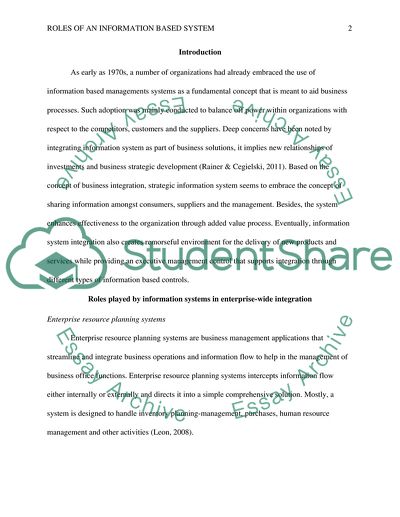Cite this document
(“Summary of System Roles Research Paper Example | Topics and Well Written Essays - 1000 words”, n.d.)
Summary of System Roles Research Paper Example | Topics and Well Written Essays - 1000 words. Retrieved from https://studentshare.org/information-technology/1659770-summary-of-system-roles
Summary of System Roles Research Paper Example | Topics and Well Written Essays - 1000 words. Retrieved from https://studentshare.org/information-technology/1659770-summary-of-system-roles
(Summary of System Roles Research Paper Example | Topics and Well Written Essays - 1000 Words)
Summary of System Roles Research Paper Example | Topics and Well Written Essays - 1000 Words. https://studentshare.org/information-technology/1659770-summary-of-system-roles.
Summary of System Roles Research Paper Example | Topics and Well Written Essays - 1000 Words. https://studentshare.org/information-technology/1659770-summary-of-system-roles.
“Summary of System Roles Research Paper Example | Topics and Well Written Essays - 1000 Words”, n.d. https://studentshare.org/information-technology/1659770-summary-of-system-roles.


